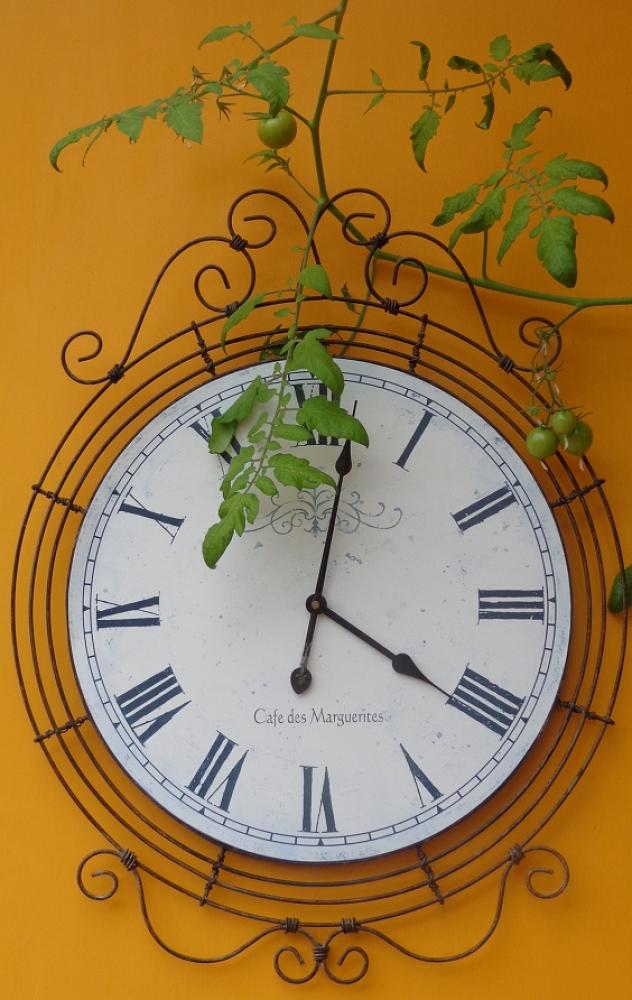
2019 Poetry Competition Results
Posted: Tuesday Apr 09, 2019
Time to announce the winners of the 2019 Poems in the Waiting Room Poetry Competition
The 2019 competition winners have all been notified, and I’ve emailed everyone, who provided me with an email address, to let them know the results are out. Many thanks to: Otago University Press, Otago University Bookshop and The Wardrobe, South Dunedin for providing monetary prizes for our 2019 competition.
The winning poems will appear in the winter edition of the Poems in the Waiting Room poetry card. I intend spending some time over Easter going through all the submissions and selecting any which might be suitable for a future PitWR edition. I’ll be in touch with those poets in due course.
Many thanks to everyone who entered the competition. Your support will help Poems in the Waiting Room continue to provide free seasonal poetry cards to medical waiting rooms, rest homes, prisons and hospices throughout New Zealand.
Regards, Ruth Arnison
The results with Diane Brown’s comments are below:
Otago University Press First Prize: “The Stanley plane” by Richard Mays – Palmerston North
Otago University Book Shop Second Prize: “No word” by Jilly O’Brien – Dunedin
The Wardrobe, Dunedin Third Prize: “Too Late” by Brian Small –Lower Hutt
Highly recommended: “The Great Poetry Heist” by Richard Mays – Palmerston North
Highly recommended: “Immigrant’s child” by Tui Bevin, Dunedin
Highly recommended: “Rangiãtea” by Michaele Keeble, Porirua
Judge’s Report – Poems in the Waiting Room Competition, 2019
It was a privilege to read the entries submitted in the Poems in the Waiting Room
Competition. Although there was no restriction on theme or subject, there was a proviso
made that the poems ‘must be easily accessible, and not make great demands. Poems with political, religious, medical or morbid overtones will not be successful.’ This is
understandable for poems to be published and distributed widely to medical waiting rooms, hospices, prisons and rest homes. I was acutely aware that I was selecting poems to be possibly read by someone in difficult circumstances and possibly by someone who hadn’t read poetry since their school days. The role of a judge is to be impartial as possible without an agenda of their own. Of course this is almost impossible when it comes to content but I looked for poems that would take the reader out of their own head for a moment and entertain, comfort or intrigue.
I took some more objective criteria such as technical aspects into consideration. Poems that possessed an internal rhythm or chime and that showed an awareness of how the poem looked on the page. Some poems let themselves down by presentation and grammatical errors. In the main there were many worthy winners but I was looking for the poems that stuck in my mind, earworms but not annoying ones.
The Romanian poet, Paul Celan said: ‘A poem, as a manifestation of language and thus
essentially dialogue, can be a message in a bottle, sent out in the—not always greatly
hopeful—belief that somewhere and sometime it could wash up on land, on heartland
perhaps. Poems in this sense, too are under way: they are making toward something.’
I made a short list of the poems that I would love to pull out of a bottle washed up on the
beach. A particular message sent by a stranger to another stranger. A poem that would take me somewhere new and touch me in some way. And poems that had meaning on the surface as well as a deeper underlying meaning.
First place: The Stanley plane
This was a poem that instantly appealed to me for all the above reasons. A beautifully paced series of couplets telling the story of a father’s Stanley plane. In these short lines it paints a picture of a time long ago where the roles in a marriage were more delineated. Despite the father’s lack of carpentry skills, he takes great care in repairing the mother’s washing line. Love is never mentioned but the poem sings with it. The child is a careful observer and the adult poet paints a vivid memory of an afternoon. I found it deeply moving.
Second place: No word
It was a close contest between First and Second. This poem questioning why the English
language doesn’t have specific words for various moments, people or conditions, such as
‘hairdos made by the vents in bicycle helmets,’ was original, quirky and downright funny. It showed poetry sophistication in handling some complicated conditions. I found it thought provoking and a great joy to read.
Third place: Too late
I had to read this subtle poem twice. Was it saying what I thought it was saying? It was. I
laughed out loud at the wry tone. But I also detected something more serious in the
persona’s reaction to being taken by surprise. I also very much liked the economy of words.
Highly Commended
These poems were selected because they were all surprising and moving in different ways. On another day they might have been winners.
The Great Poetry Heist: This amusing poem tells the motivation for a crime and has a killer last line.
Immigrants’ Child: A thoughtful look into the question of where we belong.
Rangiãtea: A beautiful expressed poem about belonging and identity.



